The story of Hurricane Katrina belongs to the people who lived it.
As the city and region mark two decades since the storm, we asked community leaders to share their own reflections — in their own words — on what it has taken to recover, rebuild and reimagine the systems that shape our lives. They speak to the vision, determination and hard work it takes to create a future where every child and family can thrive.
This feature is part of Rooted in Us, a special series of interviews with community leaders in New Orleans and Mississippi reflecting on recovery, leadership and the future.
These are the voices of elders, educators, caregivers and advocates who never stopped pushing for change. Together, they show what people-powered progress looks like and remind us that recovery is not an endpoint — it’s the foundation for the future we choose to build.
Since Katrina, communities have made significant strides: designing stronger early childhood systems, building local leadership and advancing policies that better reflect the needs of children and families. At the same time, the storm left lessons we cannot afford to forget about equity, preparedness and the need to center community voices in any effort to rebuild.
Explore the full interviews and hear their stories in their own words. These are three of many voices featured in our Rooted in Us series.
Rochelle Wilcox & Kristi Givens, For Providers By Providers
Two decades after Katrina, early childhood education in New Orleans looks very different, thanks in part to the leadership of those who refused to be left out of rebuilding. Rochelle Wilcox and Kristi Givens co-founded For Providers By Providers to ensure the voices of early learning professionals are at the center of policy, funding and program decisions. By creating space for providers to learn from each other, lead system improvements and advocate for change, they are building an early childhood system that reflects the strengths and needs of the communities it serves — and ensuring that every child has access to high-quality, culturally rooted care.
Bill Bynum, HOPE
When Katrina hit, financial institutions closed their doors to some of the very people who needed them most. Bill Bynum, CEO of HOPE — which includes HOPE Credit Union as part of its family of community development organizations — has worked to change that, proving that access to fair and affordable financial services is a cornerstone of recovery and opportunity. By providing loans to rebuild homes, start businesses and expand community facilities, HOPE has invested in more than bricks and mortar; it has invested in the people who make communities thrive. Their work shows that when capital flows to those historically excluded, it fuels not just individual stability but long-term systems change.
Nsombi Lambright, One Voice
In the aftermath of Katrina, decisions about rebuilding were often made far from the people most affected. Nsombi Lambright, executive director of One Voice, has worked tirelessly to change that — advancing civic engagement, protecting voting rights and shaping policy solutions led by the communities they impact. Through organizing, advocacy and leadership development, One Voice ensures that recovery is not something done to communities but something built with them. Their work embodies hope in action: creating pathways for residents to have both a seat at the table and the power to drive lasting change.
To read more stories and view a calendar of events that commemorate people-powered progress in the wake of Hurricane Katrina, visit I Am New Orleans: Katrina 20.

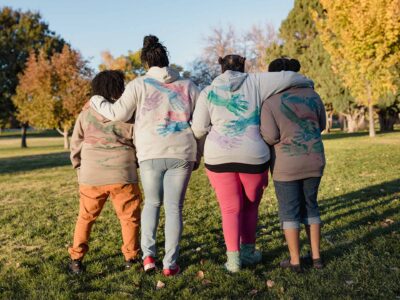
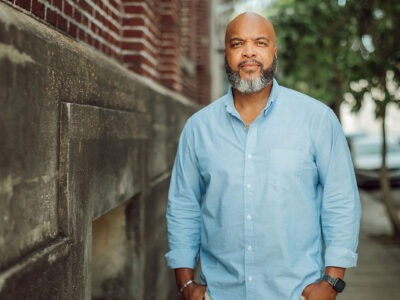
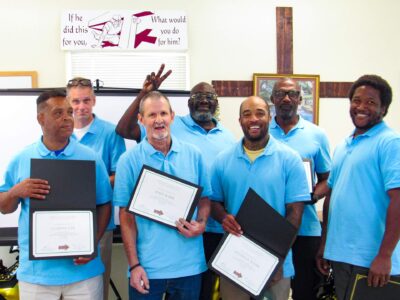
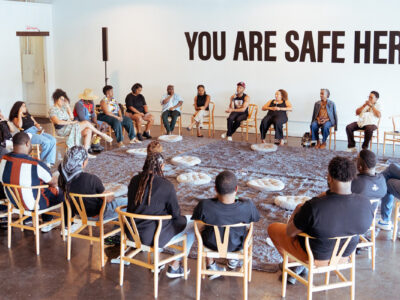
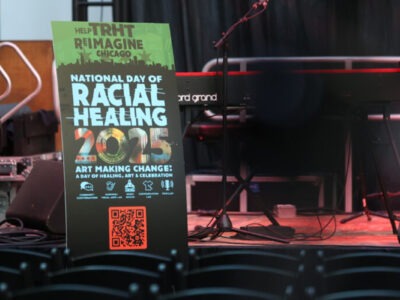
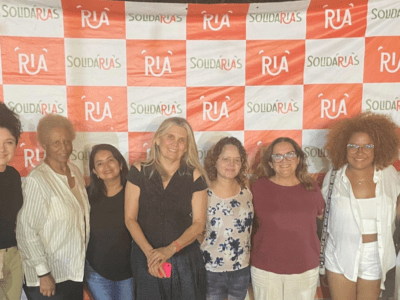
Comments